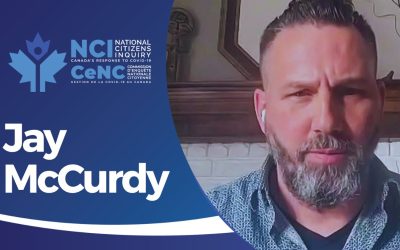A secret school that was run for almost 30 years by parents disgruntled by the state education system has been discovered in the north German city of Bremen.
Several hundred children are believed to have passed through the unregistered alternative primary school, and the authorities claim not to have been aware of its existence.
The “ghost school” began as a project by leftwing, mainly academic parents, who set it up in a villa in the district of Steintor, wanting to create an alternative to the rigid pedagogical practices of the state system.
Lessons were open-ended, the emphasis was on making learning fun, and children of varying ages were taught in the same classroom in a relaxed atmosphere or in separate classes of boys and girls. The pupils, aged four to 10, were subsequently sent to secondary schools, often with forged documents, and for almost three decades suspicion was apparently never raised.
The education minister for the state of Bremen, Renate Jürgens-Pieper, a Social Democrat, this week accused the parents of deceiving the authorities. “They have been cheating us for years,” she said, saying they had “dodged officials” and “forged education certificates”.
She said although it was clear the pupils had received a solid education, she would not support the concept of parents going it alone. “This is an elite concept and we cannot indulge it.”
The parents say they refuse to view their school as breaking the law, preferring to see the school instead as “not officially permitted”.
According to the education ministry, the fact that it was unregistered means that the school, largely run by the parents, failed to abide by basic health and safety standards such as stair rails, separate toilets for pupils and teachers, and fire regulations.
“We have problems with the concept of the state school and the way children are taught,” said Alfred Putzka, head of the association for Free School Bremen, which would like to see the school legalised. “We’re in favour of a more varied education, a more open approach to learning and letting children organise themselves more,” added Mr Putzka, whose two sons Otto, seven, and Richard, five, attended the school.
Rainer Metze, whose children, now adults, went to the school, said he believed the reason the whistle had been blown now was purely political. “The authorities surely knew of the existence of the school for years – it was even raided years ago by the police – but chose to ignore it.”
Former pupils reacted to the decision to close the school down and send the pupils to other schools in the area by posting a declaration on the internet, entitled: “We attended the school, and it was surely worthwhile.”
Older pupils have reportedly gone on to make good careers for themselves, and a large percentage have gone to university, while the younger pupils are largely said to be good performers in secondary school.
Ronja Wöstheinrich, 17, said she could not understand the fuss about her former school, which she attended between 1994 and 2001. “I could not have imagined a better school,” she said. “I completely support the concept.”
Matthias Westerholt, a lawyer for the parents who have so far faced fines of €200 (£140) each, said the support from the public had been immense. “They have shown much solidarity and admiration,” he said.
The discovery of the school, which is without precedent in Germany, has highlighted an issue of concern that spreads beyond Bremen about the general level of education.
Increasing numbers of those who can afford it are sending their children to private schools in Britain and America, believing that they will get a better education there. Over the past decade the number of pupils attending private schools has increased by 61%.
But parents who have tried to home-school their children have been blocked from doing so by the “school obligation” law, which requires all children to physically attend an institution.


